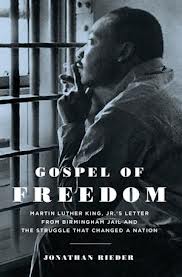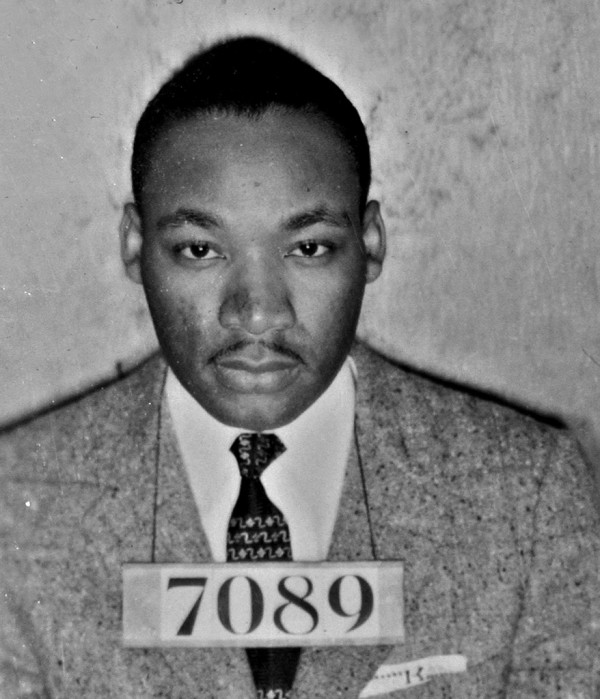CONSTITUTION DAILY: The “Letter” was King’s answer from his jail cell to eight white clergymen, among the most prestigious clergy in the state of Alabama, all racial moderates, who had condemned the protests roiling that city of fierce racism and branded King an extremist. The “Letter” was his relentless rebuttal. Defending the protests and arguing for the fierce urgency of now, he parsed and parried in the most varied ways. Taking his white readers on a tour of the inner recesses of black hurt, he appealed to pathos black hurt (“when you are forever fighting a degenerating sense of ‘nobodiness’”). He seized on the axiom of Paul Tillich (“sin is separation”) and drew out its subversive implication: “Is not segregation an existential expression of man’s tragic separation?” To prove the movement wasn’t reckless, he called on the most reassuring precedents: the Tea Party (the original one), the Hungarian freedom fighters who rose up against Communism, and the Hebrew boys in the fiery furnace. King did everything but summon the values of the Constitution and the Declaration. At the midpoint of the “Letter,” King largely stopped trying to justify the movement to whites and began to chastise them. There’s really no mystery about his shift from diplomat to prophet. In truth, he did not think very many whites had the capacity to empathize with black suffering: “Few members of the oppressor  race can understand the deep groans and passionate yearnings of the oppressed race.” Nor was he in sway to the illusion that moral exhortation could bring the fullness of democracy in the absence of protest and pressure: “We know through painful experience that freedom is never voluntarily given by the oppressor; it must be demanded by the oppressed.” MORE
race can understand the deep groans and passionate yearnings of the oppressed race.” Nor was he in sway to the illusion that moral exhortation could bring the fullness of democracy in the absence of protest and pressure: “We know through painful experience that freedom is never voluntarily given by the oppressor; it must be demanded by the oppressed.” MORE
RADIO TIMES: Fifty years ago this month, from his cramped, dirty jail cell in Birmingham, Alabama, Martin Luther King, Jr. drafted a letter in response to eight white moderate clergymen who had issued a statement criticizing the civil rights protests of blacks and called King an outsider and extremist whose efforts for equality as” unwise and untimely.” King’s “Letter from Birmingham Jail” eloquently made the case for non-violent demonstrations and the urgency of the movement to end segregation. The letter has since become a beacon for peaceful protesters throughout the world. In his new book, Gospel of Freedom, King scholar JONATHAN RIEDER tells the story of King’s letter while providing a snapshot of its author at a time when King thought the civil rights movement was destined to fail. MORE

